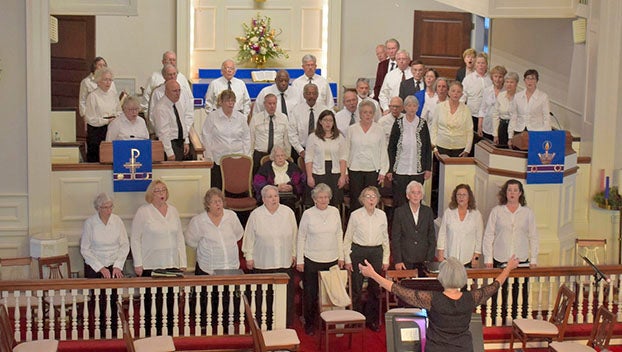THE WORD: Wisdom teeth and wise men
Published 8:12 am Thursday, December 13, 2018
Matthew 2:1-12
My oldest daughter just had her wisdom teeth removed. All four of them. They call them “wisdom teeth” because they appear much later than the other teeth, at an age where people are presumably “wiser” than as a child, when the other teeth erupt. Wisdom teeth have nothing to do with wisdom, and as best that I can find, there is no such thing as a literal “sweet tooth.”
For children, the tooth fairy brought gifts of money in exchange for a tooth. It’s true that each of the gifts the wise men brought to Jesus symbolized something special about His birth. Gold symbolized the fact that He was (and still is) the King of Kings. The gift of frankincense, a type of incense often burned at altars, emphasized His deity. Myrrh, which was often used in embalming, pointed to His death of the Cross.
The importance of, and meaning behind, these gifts cannot be ignored. But the account of the wise men’s visit brought other important scriptural principles that can serve us every day of the year. For example, notice in the story that the wise men came looking for God. Interesting, isn’t it? Most of us today rarely “go looking” for God. Instead, many of us sit around and wait for God to find us. Most Christians think there were three wise men, but the Bible doesn’t tell us how many there were. We probably draw that conclusion since they presented Jesus with three gifts.
Did you notice that they were also nameless? Rather than seek credit for traveling from afar and honoring the child who would one day call Himself the Son of God, these men apparently chose to remain anonymous. Sounds like something that Jesus said: “Therefore, when you do a charitable deed, do not sound a trumpet before you as the hypocrites do in the synagogues and in the streets, that they may have glory from men.” (Matthew 6:2)
Finally, the Bible tells us that these men “departed into their own country another way.” If you read the story again, it’s easy to see why. They were supposed to let Herod know where he could find Jesus. They knew what Herod wanted and they knew that their failure to honor his request would mean death for them.
But I’d like to also think that their lives, just like our lives, were changed after they met Jesus. The truth is we all go back “another way” after we’ve found the life-changing, life-saving power of Jesus Christ! They brought gifts with them to honor the birth of the greatest man who ever lived, and the only God who still does. Who could blame them for going back another way?
Someone said that we all have to be the innkeeper: will we have room for Jesus in our lives or not. In answering that, we should be like the wise men.
REV. JOHN MOXLEY can be reached at Jmoxley1@juno.com





